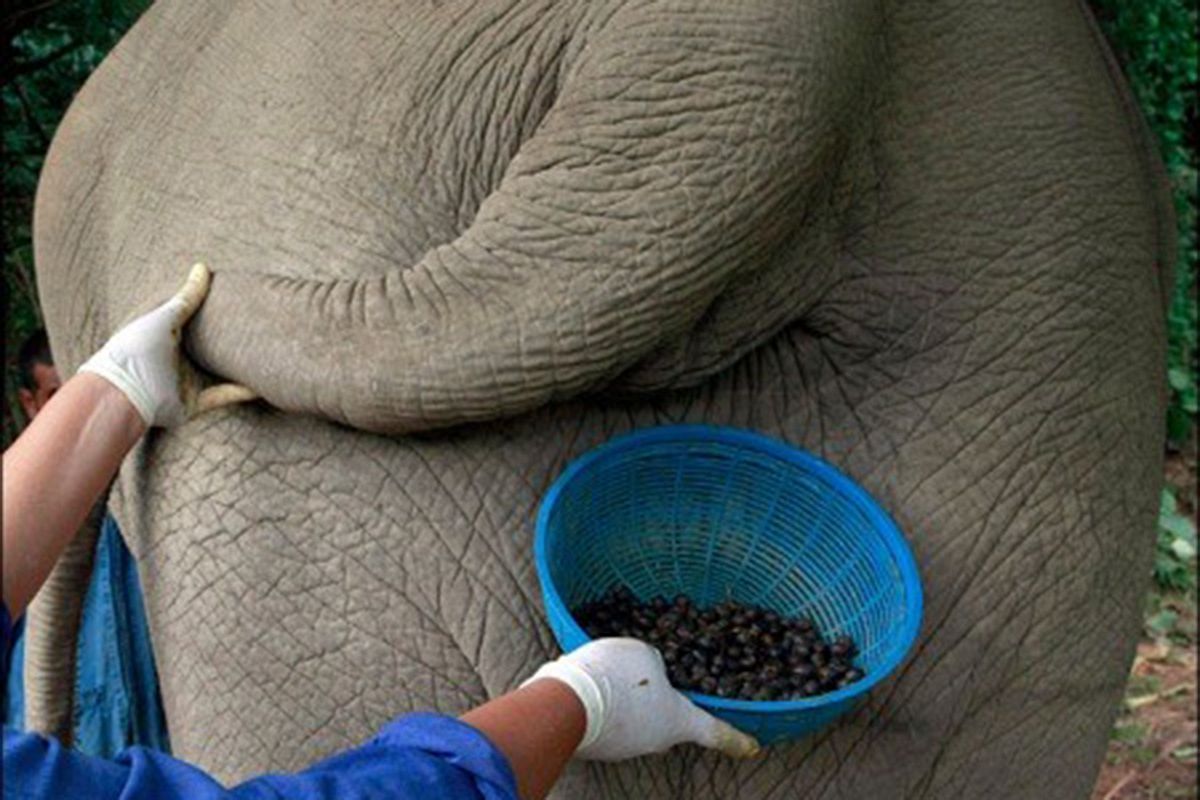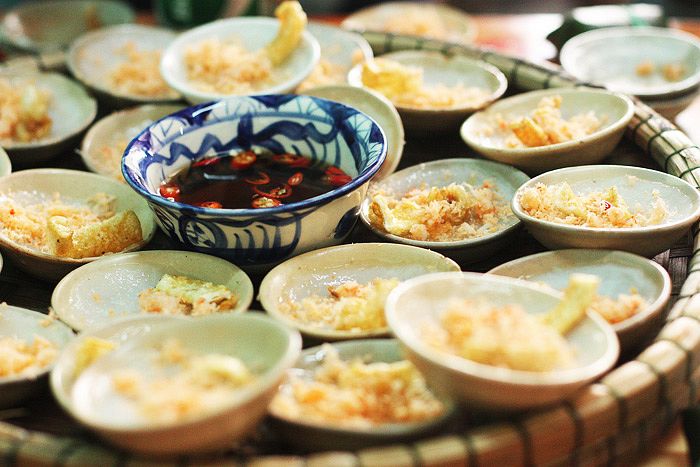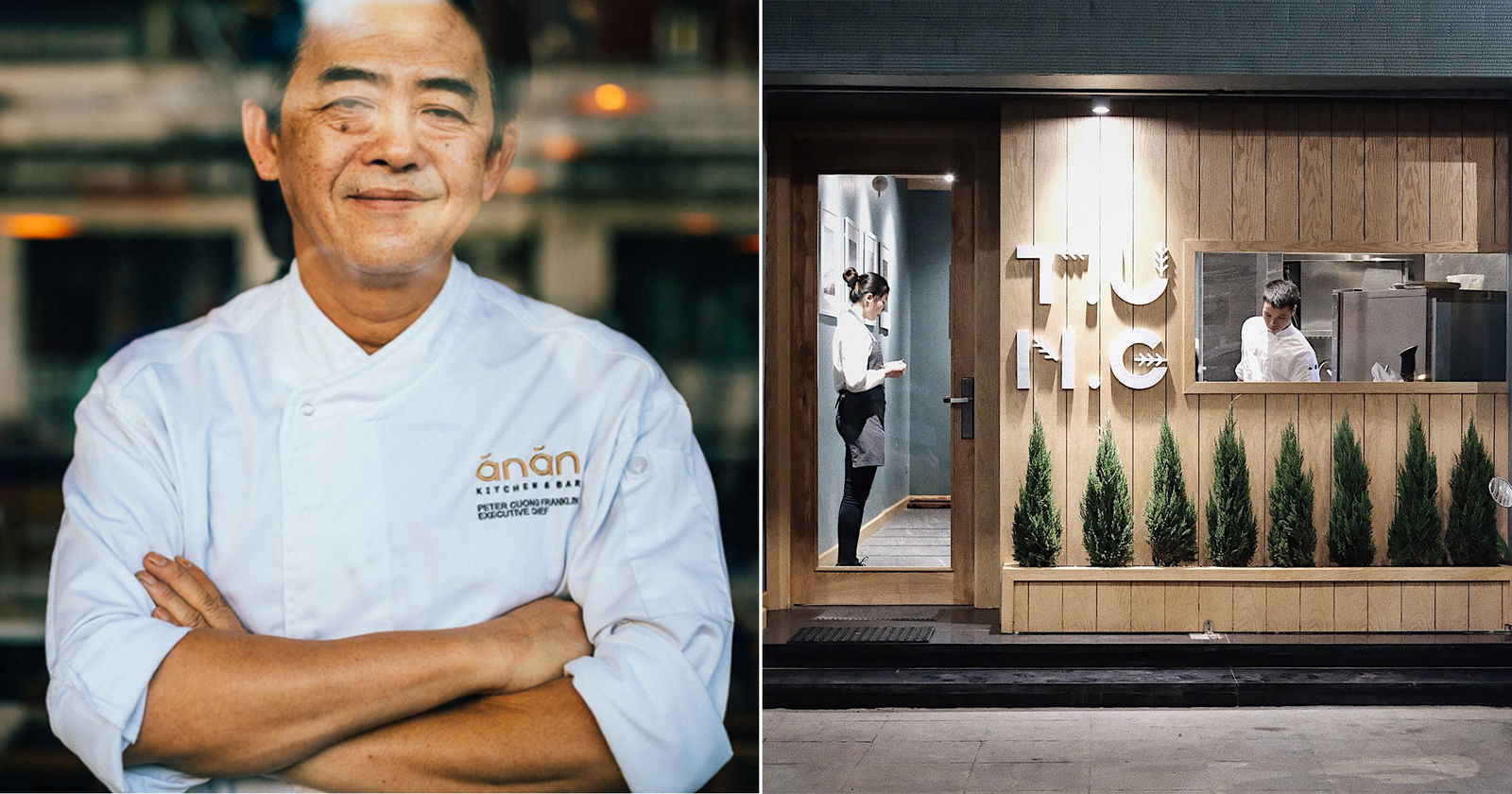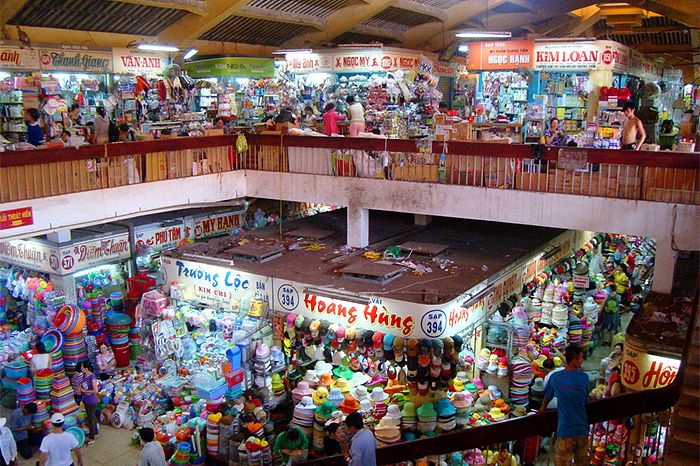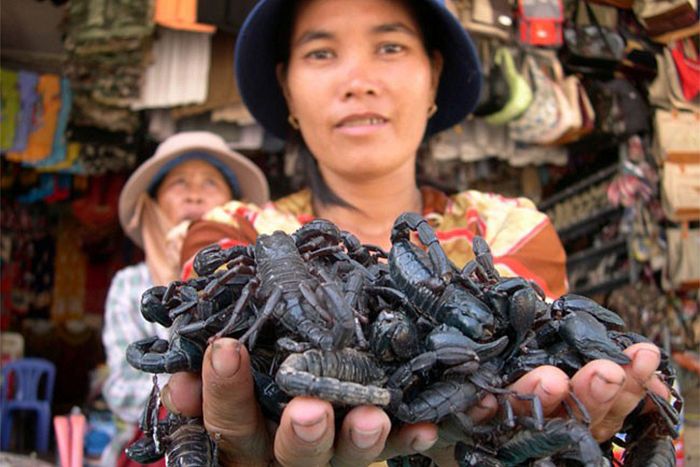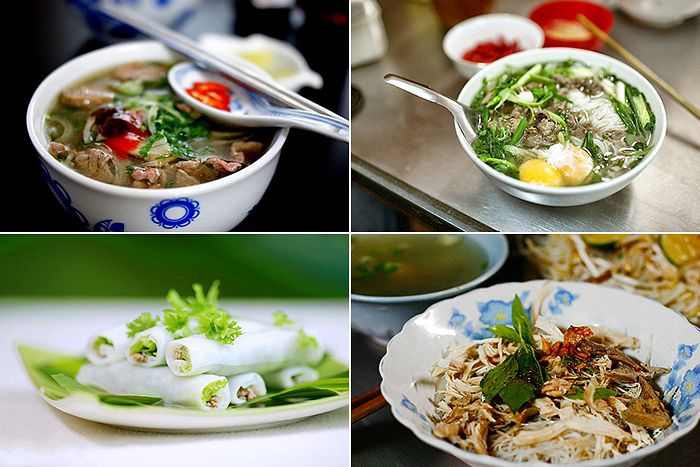The cacao industry started in Vietnam ten years ago when cacao seeds were planted through a public private partnership led by non-profit ACDI-VOCA and partners including USAID, USDA and Mars Inc. The initiative was based on previous successful programs in Indonesia and the Philippines focused on creating a sustainable cocoa industry.
So far, the project has added value for Vietnamese farmers as mentioned in a recent article in NPR highlighting Vietnam’s burgeoning cacao industry. According to T.J. Ryan, Managing Director at ACDI-VOCA, "Cocoa produces roughly three years after planting and, in Vietnam, is promoted as a complement to existing crops. Once the cocoa begins producing, the average farmer has harvested more than half a ton of cocoa, which provides approximately $1,000 in additional income for the family." There are plans to increase the cacao yield by 50% next year.

Another local beneficiary has been Marou, an artisan chocolate maker in Vietnam, co-founded three years ago by two French expats, Samuel Maruta and Vincent Mourou. The chocolate bars have found a dedicated following abroad and sold in places like the American organic and natural grocery chain Whole Foods and the British luxury department store Harvey Nichols.
Maruta and Mourou heard about the burgeoning cacao industry in the Mekong Delta and were pleased to find that its beans offer a distinctive taste. Cacao becomes cocoa once the beans have been cleaned, roasted and processed. Marou’s relationship with local farmers, who are paid above fair trade prices, has also led to collaboration with well-known Belgian chocolatier, Pierre Marcolini. Marcolini is known for using creative ingredients like sandalwood and pepper in his chocolate and Marou hand-selects Vietnamese cacao beans for his single origin caraques or chocolate squares.

It’s only fitting that Marou has been founded by French expats as French colonists actually planted cacao crops back in the 19th century, however it was abandoned by farmers in favor of more profitable crops such as coffee, cashews and pepper.
Chocolate has not yet gained widespread popularity in Asia. In Vietnam, consumers stick with basics like Oreos or Kit Kat and in China, the taste for chocolate is slowly growing, accounts for 2% of total food purchases. This will make it challenging for cacao farmers to meet global demand and a deficit is expected in the next 5 years according to Michael Segal from the International Cocoa Organization told NPR. Cocoa futures have increased 25-30% this year and are already at a 2.5 year high.
Perhaps Vietnam’s nascent cacao industry can sweeten the gap.


